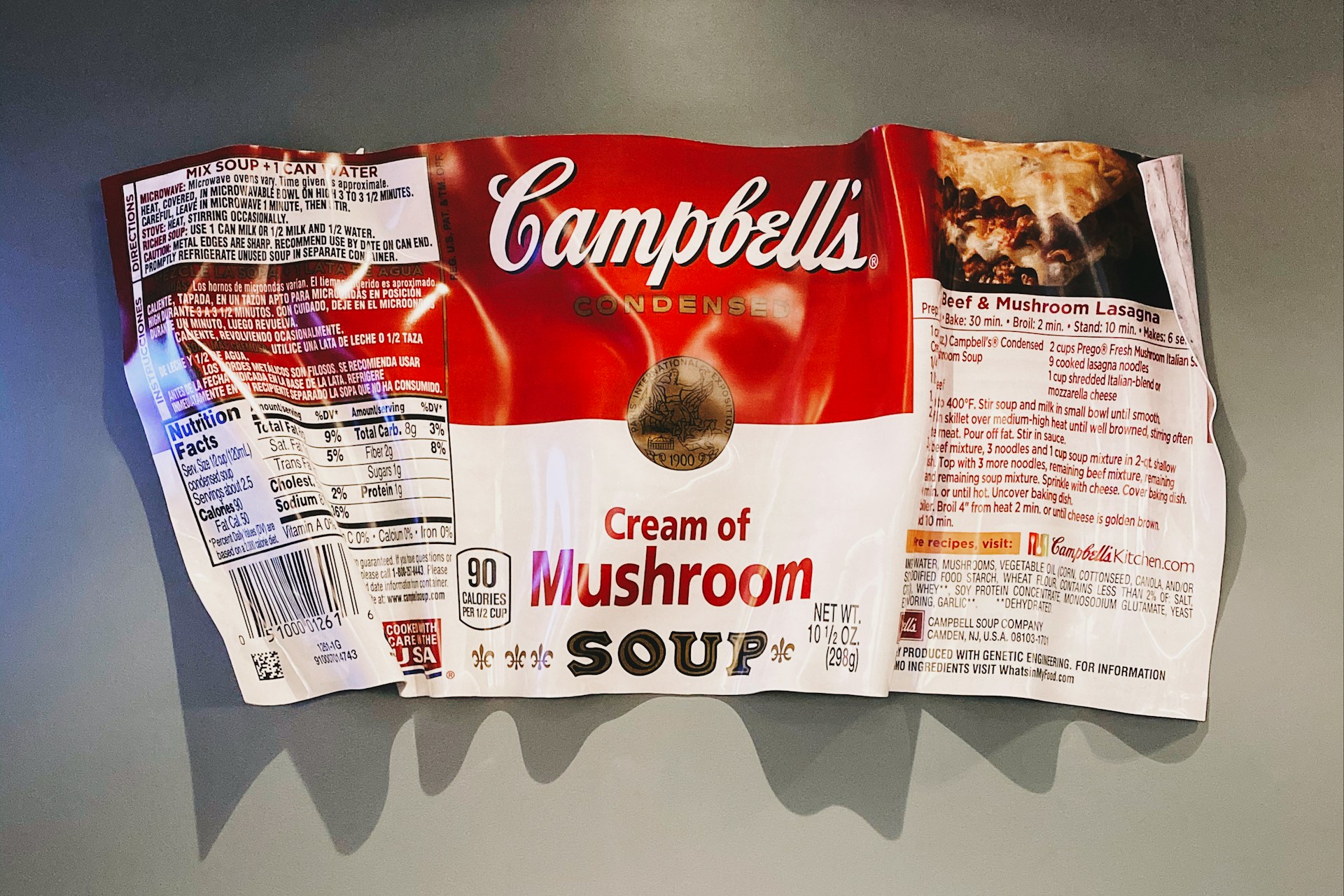
Food shopping can feel like a maze. You want to make good choices, but the labels on packages don’t always help. Some words sound healthy or safe, but they don’t mean much in legal terms. Companies use these food labels to catch your eye, but they often don’t have to back them up with facts. This can lead to confusion, wasted money, and even disappointment when you realize what you bought isn’t what you thought. Knowing which food labels are legally meaningless can help you shop smarter and avoid falling for empty promises.
1. All-Natural
The term “all-natural” shows up everywhere. It sounds good, but it doesn’t have a strict legal definition in the U.S. for most foods. The FDA has said that “natural” means nothing artificial or synthetic has been added, but this doesn’t cover everything. Foods labeled “all-natural” can still contain processed ingredients, pesticides, or even genetically modified organisms (GMOs). If you want to avoid certain additives, check the ingredient list instead of trusting this label.
2. Made with Whole Grains
“Made with whole grains” is another label that can be misleading. A product only needs a small amount of whole grains to use this phrase. The rest can be refined flour or other less healthy ingredients. This label doesn’t guarantee a high fiber content or better nutrition. If whole grains matter to you, look for “100% whole grain” or check that whole grains are listed first in the ingredients.
3. Multigrain
“Multigrain” just means the product contains more than one type of grain. It doesn’t say anything about whether those grains are whole or refined. Many multigrain products use mostly refined grains, which lose much of their nutrition during processing. Don’t assume “multigrain” means healthy. Always read the ingredient list to see what kinds of grains are actually used.
4. Farm Fresh
“Farm fresh” sounds wholesome, but it’s not regulated. Any company can use this label, even if the food comes from a factory or has traveled thousands of miles. There’s no guarantee the food is local, organic, or minimally processed. If you want truly fresh food, shop at local farmers’ markets or look for specific details about the farm on the package.
5. No Added Sugar
“No added sugar” means the manufacturer didn’t add sugar during processing, but it doesn’t mean the food is sugar-free or healthy. Many foods with this label still contain natural sugars or other sweeteners like fruit juice concentrate. Some products use artificial sweeteners instead, which may not be what you want. Always check the nutrition facts for total sugar content and the ingredient list for hidden sweeteners.
6. Light or Lite
“Light” or “lite” can mean different things depending on the product. Sometimes it refers to fewer calories, less fat, or even a lighter color or taste. There’s no single legal standard for this label across all foods. Some “light” products only have to be lighter than the regular version, which might not mean much. If you’re watching calories or fat, compare the nutrition labels side by side.
7. Made with Real Fruit
“Made with real fruit” is a favorite on snacks and drinks. But the law doesn’t say how much real fruit must be used. Some products contain only a tiny amount of fruit puree or juice, with the rest being sugar, flavoring, or coloring. If you want real fruit, look for products where fruit is the first ingredient, or better yet, eat whole fruit.
8. Gluten-Free (on Naturally Gluten-Free Foods)
“Gluten-free” is important for people with celiac disease or gluten sensitivity. But many foods that never contained gluten, like rice or potatoes, now carry this label. It’s a marketing move, not a sign of added value. Gluten-free doesn’t mean healthier, and it doesn’t make sense on foods that are naturally gluten-free. Focus on this label only if you need to avoid gluten for medical reasons.
9. Hormone-Free (on Poultry and Pork)
You’ll see “hormone-free” on chicken and pork, but it’s legally meaningless. Federal law already bans the use of hormones in raising poultry and pigs in the U.S. This label doesn’t set one brand apart from another. It’s just a way to make you feel better about your purchase.
10. Cage-Free (on Non-Egg Products)
“Cage-free” is a real standard for eggs, but it’s meaningless on products like chicken meat or processed foods. Chickens raised for meat are almost never kept in cages, so the label doesn’t add any value. If you care about animal welfare, look for more specific certifications like “Certified Humane” or “Pasture Raised.”
Why Food Label Awareness Matters
Food labels can shape your choices, but many are just marketing. When you know which food labels are legally meaningless, you can focus on what really matters—ingredients, nutrition facts, and trusted certifications. This knowledge helps you avoid paying more for empty promises and makes your grocery trips less stressful. The next time you see a flashy label, pause and ask what it really means. You’ll save money, eat better, and feel more confident about what you bring home.
Have you ever bought a product because of a label, only to find out it didn’t mean what you thought? Share your story in the comments.
Read More
10 Reasons Why Aldi’s Is the Best Grocery Store Ever
5 Secrets to Using Your Kitchen More and Eating Out Less
The post 10 Common Food Labels That Are Legally Meaningless appeared first on Grocery Coupon Guide.







